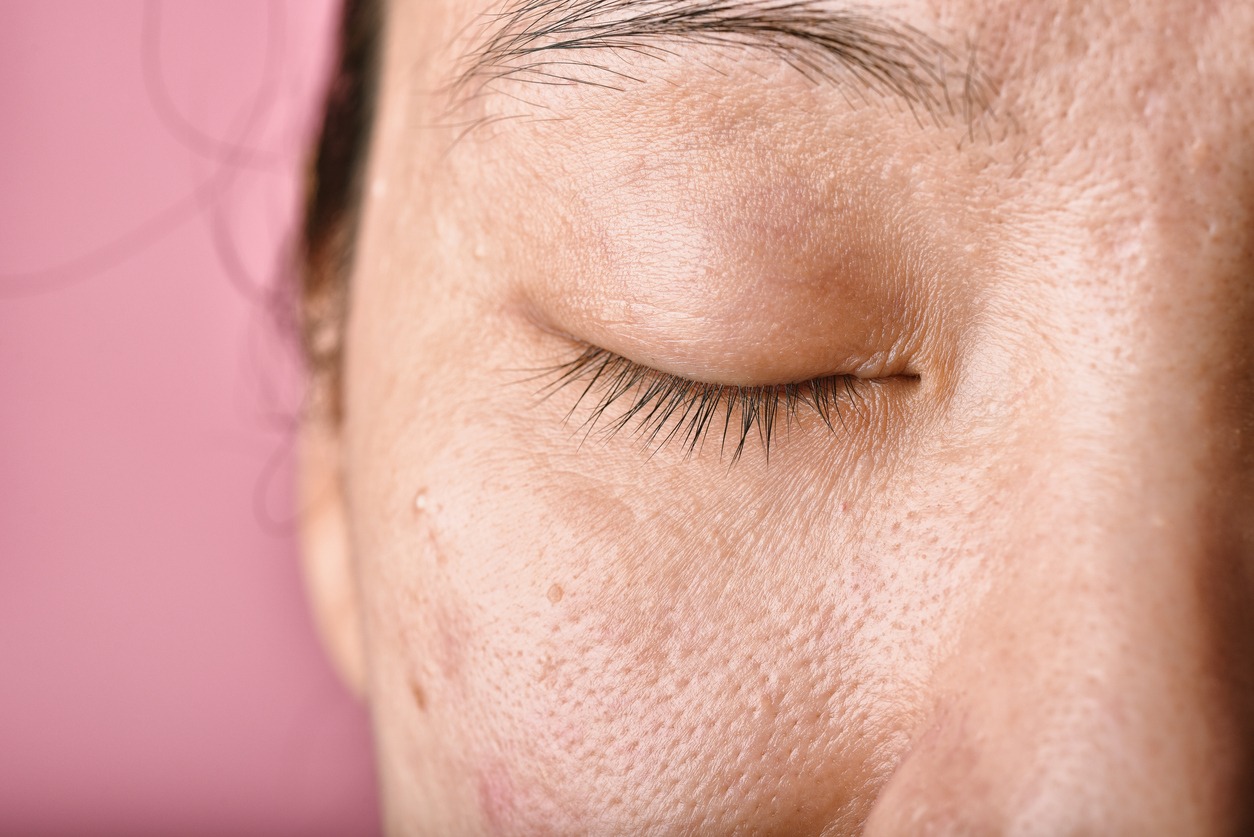Drinking a cup of coffee in the morning is a great way to start your day. A freshly brewed coffee gives our body energy, reduces fatigue, and helps us stay awake throughout the day. Because of this, it is no wonder a lot of people include coffee in their daily routines.
Besides coffee, sodas could also give our bodies the energy to work during the day. This energy is all thanks to caffeine, which is present in these drinks. When you drink a caffeinated beverage, such as coffee or soda, you may notice that you have to use the restroom more frequently. This is because caffeine causes dehydration.
In this blog post, we’ll discuss the science behind why caffeine causes dehydration and how it can affect your body. We’ll also provide some tips on how to stay hydrated while drinking caffeinated beverages.
What is Caffeine?
Caffeine is a naturally occurring chemical compound that can be found in the leaves, beans, and fruits of more than 60 plants. It is classified as a psychoactive drug because it stimulates the central nervous system, causing increased alertness and energy.
Caffeine is the most widely consumed psychoactive substance in the world and can be found in coffee, tea, soda, energy drinks, chocolate, and some medications. When consumed in small amounts, caffeine is generally safe. However, consuming too much caffeine can lead to side effects such as anxiety, jitteriness, headaches, and trouble sleeping.
In addition to its stimulating effects on the brain, caffeine also has diuretic properties. This means that it increases urine production and can cause dehydration.
How Does Caffeine Cause Dehydration?
Caffeine works as a diuretic by causing the kidneys to produce more urine than usual. When you drink a caffeinated beverage, your body will start to excrete water through urine within 30 minutes to one hour.
In order for our bodies to function properly, we need to maintain a balanced level of fluids. When we lose fluid faster than we’re taking it in, this can lead to dehydration. The symptoms of dehydration include thirst, lightheadedness, headache, fatigue, dry mouth, and dark-colored urine.
It is important to drink plenty of water throughout the day to stay hydrated, especially if you are drinking caffeinated beverages. It is also important to limit your intake of caffeine to 400 milligrams per day, which is about four cups of coffee.
Effects of Dehydration
Dehydration can cause a number of symptoms, including thirst, fatigue, headaches, and dry skin. If you are dehydrated, your body will not be able to function properly. You may also be at risk for more serious health problems if you are chronically dehydrated.
There are a few things you can do to stay hydrated while drinking caffeinated beverages. First, make sure to drink plenty of water throughout the day. It is also important to limit your intake of caffeine to 400 milligrams per day, which is about four cups of coffee. You can also try switching to decaffeinated coffee or tea.
If you are experiencing symptoms of dehydration, such as thirst, fatigue, headaches, or dry skin, it is important to seek medical attention. Dehydration can lead to serious health problems if it is not treated properly. Drinking plenty of fluids and seeking medical attention if you are dehydrated are both essential for maintaining good health.
Tips for Staying Hydrated
As mentioned earlier, staying hydrated is very important. That is why there are various methods you can follow to keep your body as hydrated as possible. Here are some tips for staying hydrated:
- Drink water before, during, and after exercise. If you’re exercising regularly, it’s important for you to always drink water before, during, and after your workout. Physical activities cause our bodies to excrete fluids through sweat and urine; because of this, not drinking water could lead to dehydration.
- Drink water throughout the day, even if you’re not thirsty. Unlike the first bullet, you should always keep in mind to drink water throughout the day. Whether you’re out for a simple walk in the park or just binge-watching your favorite show, drinking enough water is important to keep our bodies hydrated.
- Limit or avoid caffeinated beverages. As mentioned earlier, drinking caffeinated beverages could lead to dehydration. While these drinks could give us the energy boost we need for the day, they could also lead to dehydration if we don’t drink enough water.
- Avoid alcohol. Besides caffeine, alcohol is another drink we need to watch out for. Just like caffeine, alcohol is also a diuretic and could lead to dehydration if we’re not careful.
- Eat foods that contain water, such as fruits and vegetables. Interestingly, hydrating our bodies is not limited to drinking water. There are many other ways for us to keep ourselves hydrated, and one simple way is to eat fruits and vegetables rich in water. You can try eating apples, oranges, and watermelons if you’re a fruit-lover.
On the other hand, if you’re more into vegetables, try incorporating cucumbers, tomatoes, and spinach into your diet.
There are many ways for us to stay hydrated. However, it is still important to consult with a medical professional if you are experiencing severe symptoms of dehydration. Dehydration can be dangerous if not treated properly. Drinking plenty of fluids and seeking medical attention if you are dehydrated are both essential for maintaining good health.
Final Thoughts
Though it may seem like a harmless habit, drinking caffeinated beverages can actually lead to dehydration. It is important to drink plenty of water throughout the day and limit your caffeine intake per day in order to stay hydrated. If you are experiencing symptoms of dehydration, seek medical attention immediately. Dehydration can lead to serious health problems if left untreated.


